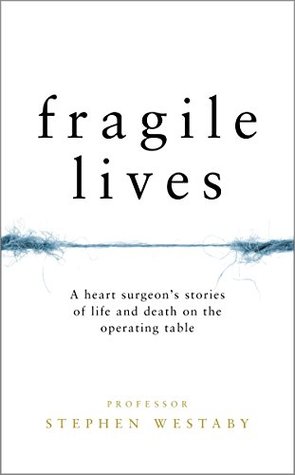More on this book
Community
Kindle Notes & Highlights
Read between
May 25 - June 1, 2020
Erudite, bespectacled professors cycled down cobbled streets in their mortarboards off to college dinners for wine, then port. My mind flashed back to the grimy steelworkers silently making their way home in flat caps and mufflers through the smog for bread and potatoes, and then maybe a glass of stout. My spirits started to sink. I didn’t belong here.
book called Healthy Dying.
Together they’d founded the National Association for the Childless, written the book Coping with Childlessness
He was a prolific writer and published his own book, Death, Dying and Not Dying.
Strength does not come from winning. Your struggles develop your strengths. When you go through hardships and decide not to surrender, that is strength. Arnold Schwarzenegger
‘And how do you feel about the fact that he could easily die? Are you nervous?’ ‘Absolutely not. Jim will be dead in days if we don’t try. No one else is going to help.’ ‘Do you think that the NHS should pay for these pumps?’ I answered that with a question of my own. ‘Should a First World health-care system use modern technology to prolong life? Or should it let young heart failure patients die miserably, like in the Third World?’ The BBC liked that answer, but they didn’t broadcast it in the programme. Too controversial and intimidating.
Stressed surgeons do not function well, as numerous studies have shown. Stress impairs judgement and makes the hands shake. In fact stress is killing my profession.
Don’t cry because it’s over. Smile because it happened. Theodor Seuss Geisel (Dr. Seuss)
I told him not to be afraid to take risks. Sometimes they pay off handsomely.
My mentor in the United States was the great Dr John Kirklin, who launched open heart surgery with the heart–lung machine. Towards the end of his distinguished career he wrote: After many years of cardiac surgery, with many tests and challenges, and after many deaths that could not then be prevented, we tend gradually to become a little weary and, in some sense, infinitely sad because of life’s inevitabilities. I wrote this book because I’ve reached that same point in a career spanning the rise and fall of the NHS. Hence my acknowledgements are as emotionally charged as the rest of the text.
We could never have started the paediatric and artificial heart programmes without the support of one visionary hospital chief executive, Nigel Crisp, who went on to run the whole NHS and now deservedly sits in the House of Lords.


